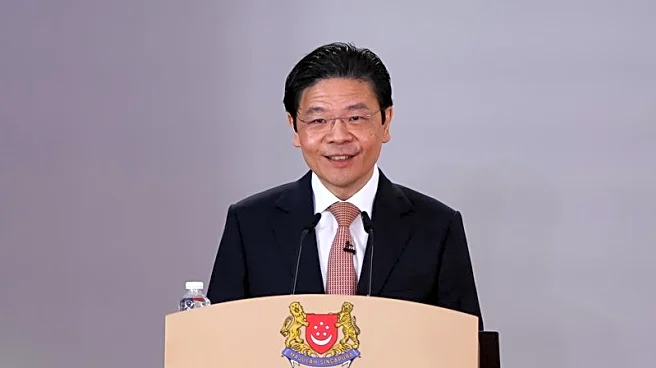What's Happening?
Spotify has announced updates to its AI policy, aiming to improve transparency in AI-generated music and reduce spam on its platform. The company plans to adopt the DDEX industry standard for AI disclosures in music credits, providing detailed information about AI's role in music creation. Additionally, Spotify will implement a new music spam filter to address fraudulent activities, such as mass uploads and SEO manipulation. The policy also clarifies that unauthorized AI voice clones and impersonations are prohibited. These measures are part of Spotify's effort to support artists using AI responsibly while combating misuse by bad actors.
Why It's Important?
The rise of AI-generated music presents challenges in maintaining authenticity and fair royalty distribution in the music industry. Spotify's policy updates aim to protect artists from exploitation and ensure transparency in AI usage. By adopting industry standards and enhancing spam filters, Spotify sets a precedent for other streaming services, promoting a trustworthy ecosystem where technology enhances creativity. These efforts are crucial in maintaining listener trust and supporting artists who integrate AI into their creative processes responsibly.
What's Next?
Spotify will gradually roll out its new spam filter, ensuring accurate targeting of fraudulent activities. The company will work with distributors to prevent profile mismatches and unauthorized uploads. As the DDEX standard develops, Spotify's collaboration with industry partners will be key in driving widespread adoption. These ongoing efforts will likely influence other streaming platforms to adopt similar measures, fostering a more transparent and trustworthy music industry.












